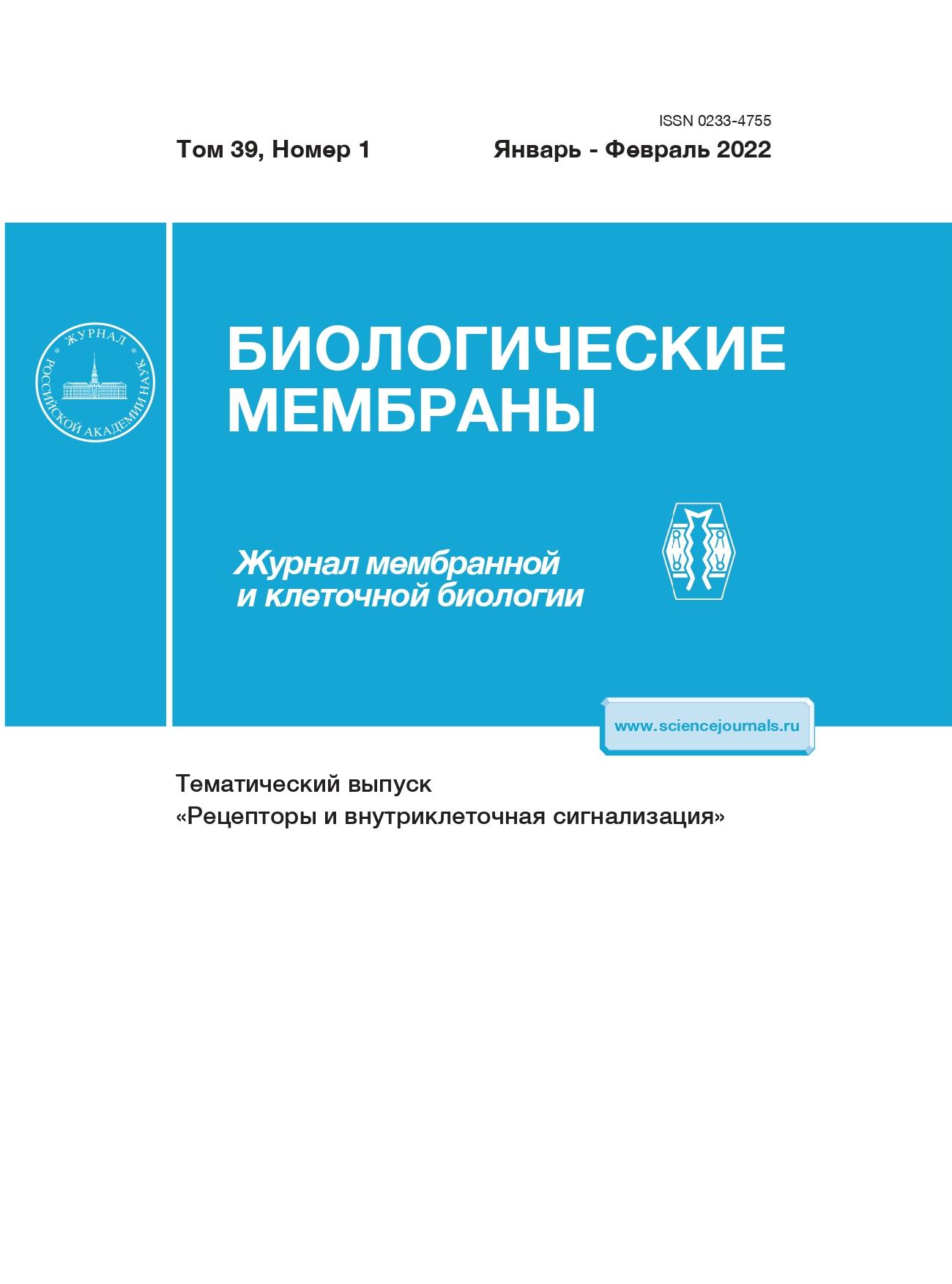
BIOLOGICHESKIE MEMBRANY
Journal of Membrane and Cell Biology

Journal of Membrane and Cell Biology
R. R. Sharipov, I. A. Tarzhanov, A. M. Surin
Biochemistry (Moscow), Supplement Series A: Membrane and Cell Biology. 2024;18(2):90-99
Pages: 90-99
Mesenchymal Stromal Cells (MSCs) are critical mediators of tissue repair and regeneration, a function increasingly attributed to their capacity for intercellular communication beyond paracrine signaling. This study investigates **mitochondrial donation** as a primary mechanism by which MSCs participate in regenerative processes, focusing on the cellular and molecular events at the interface of donor and recipient cells. We hypothesize that the transfer of healthy mitochondria from MSCs to metabolically compromised or injured cells is a key strategy for restoring cellular bioenergetics and promoting survival. Using co-culture models of MSCs and cells subjected to oxidative stress, we employed live-cell imaging, fluorescent mitochondrial tracking, and transmission electron microscopy to visualize the transfer process, alongside respirometry to quantify the functional recovery of recipient cells. Our findings demonstrate that MSCs actively transfer functional mitochondria, primarily via tunneling nanotubes, leading to a significant increase in the oxygen consumption rate and ATP production in the damaged cells. This direct metabolic support effectively mitigates cellular damage and enhances viability. The results underscore mitochondrial donation as a fundamental, non-genetic mechanism of MSC-mediated regeneration, offering a novel therapeutic target for conditions characterized by mitochondrial dysfunction and tissue injury.